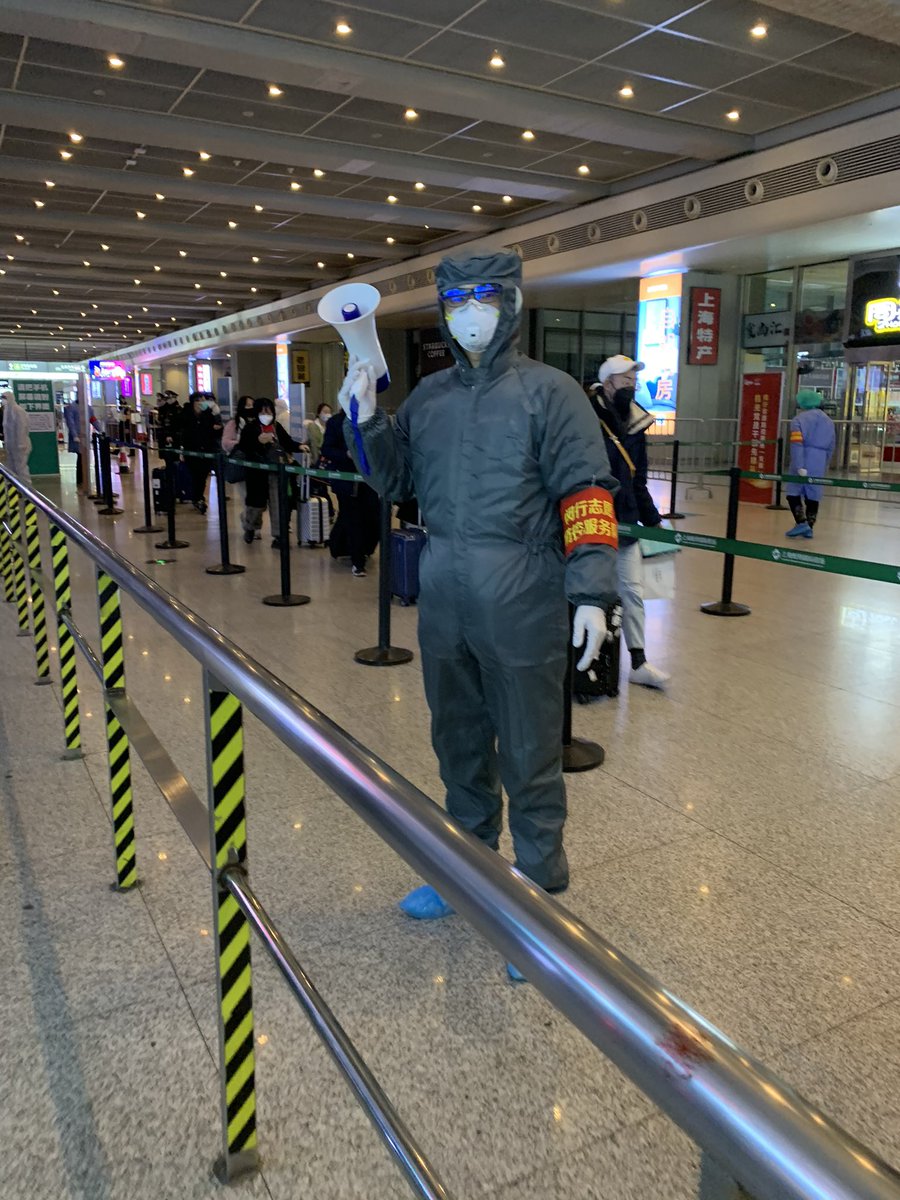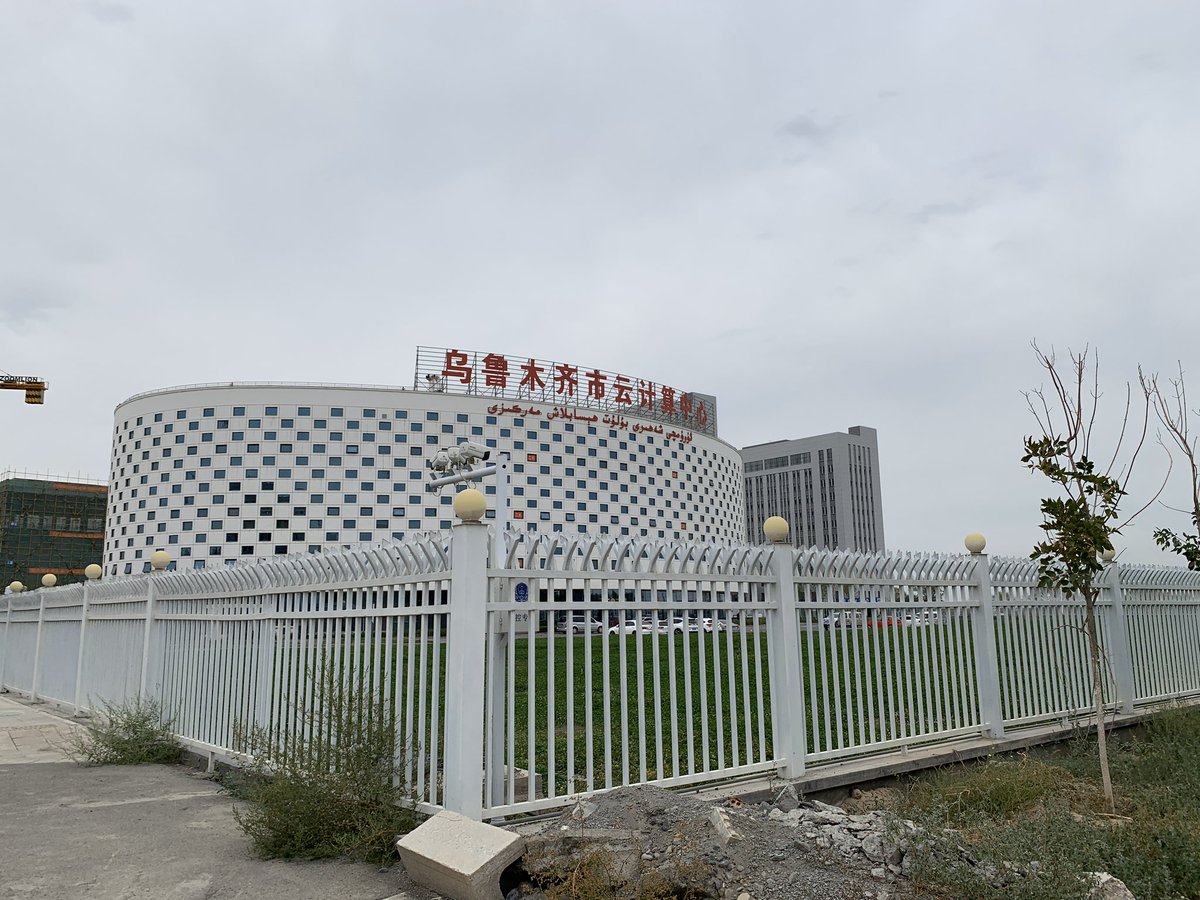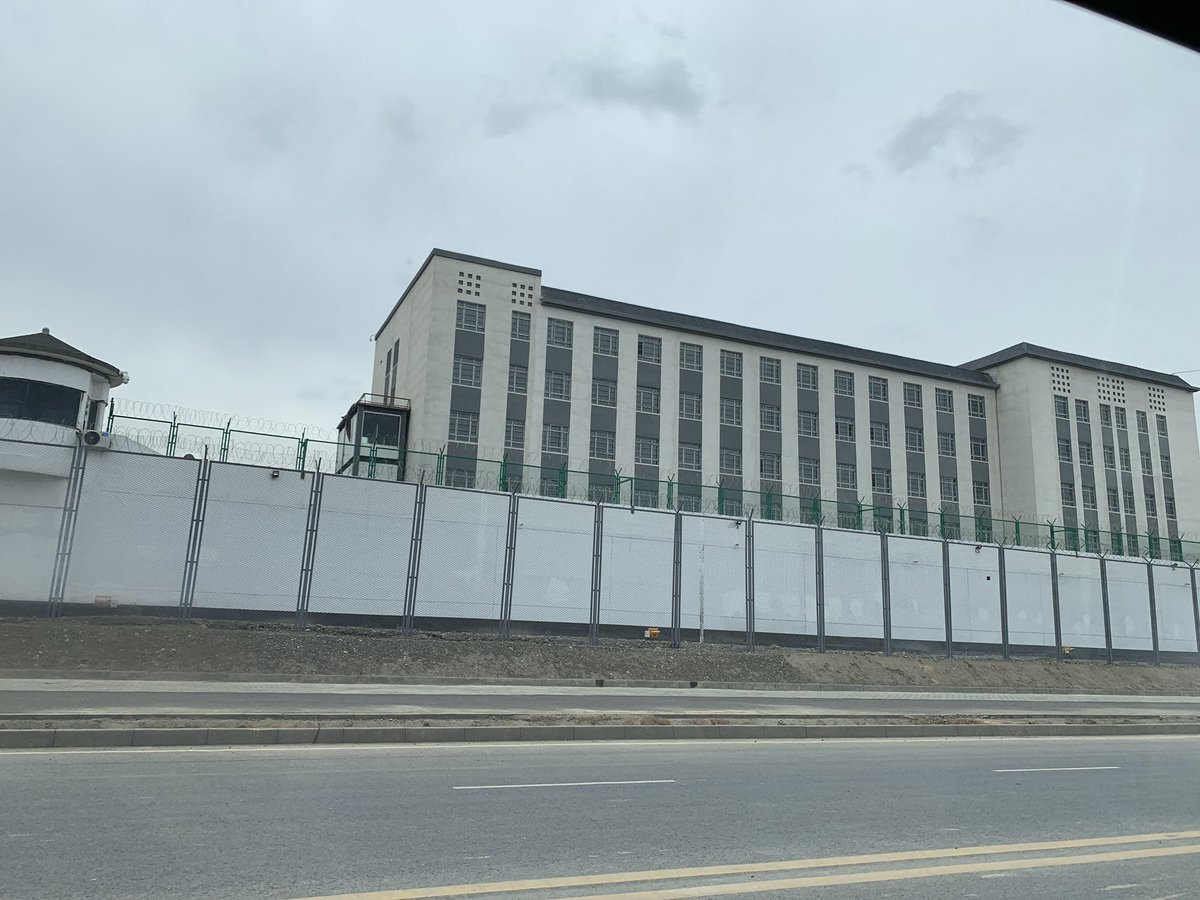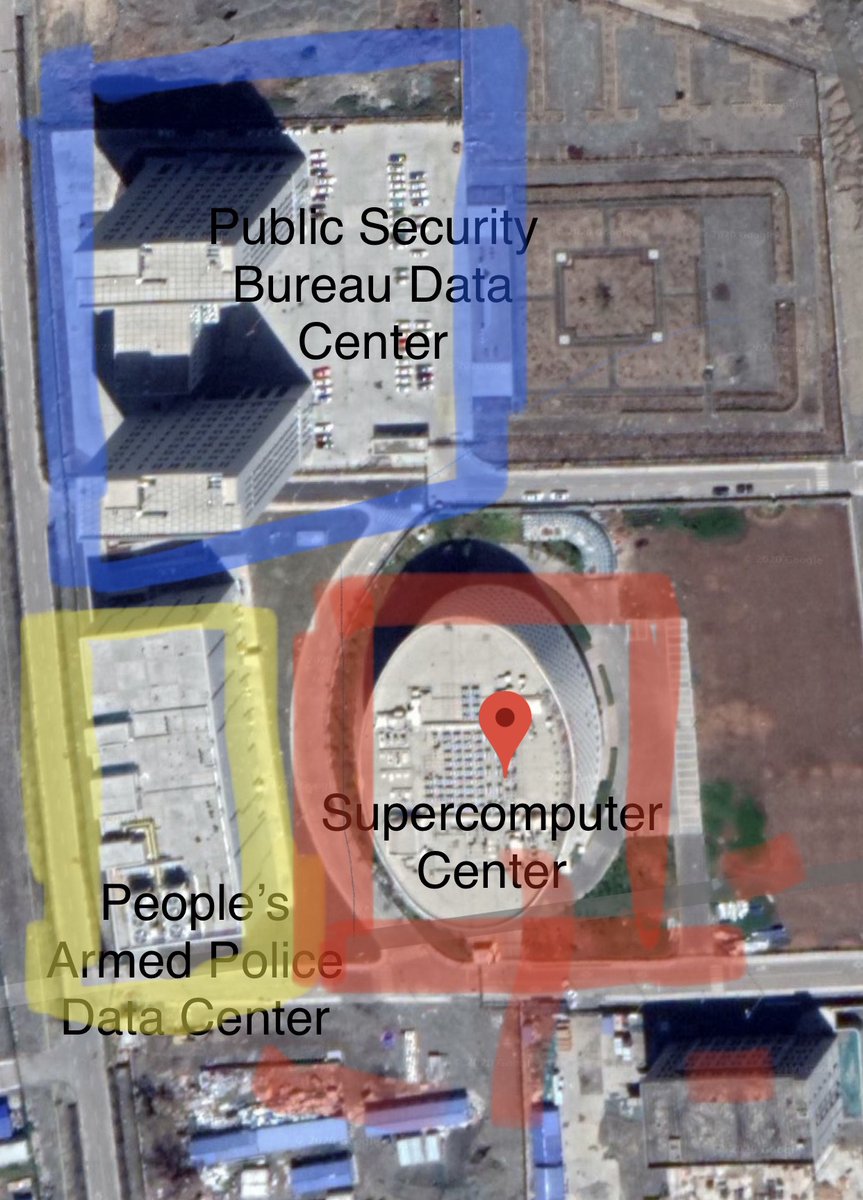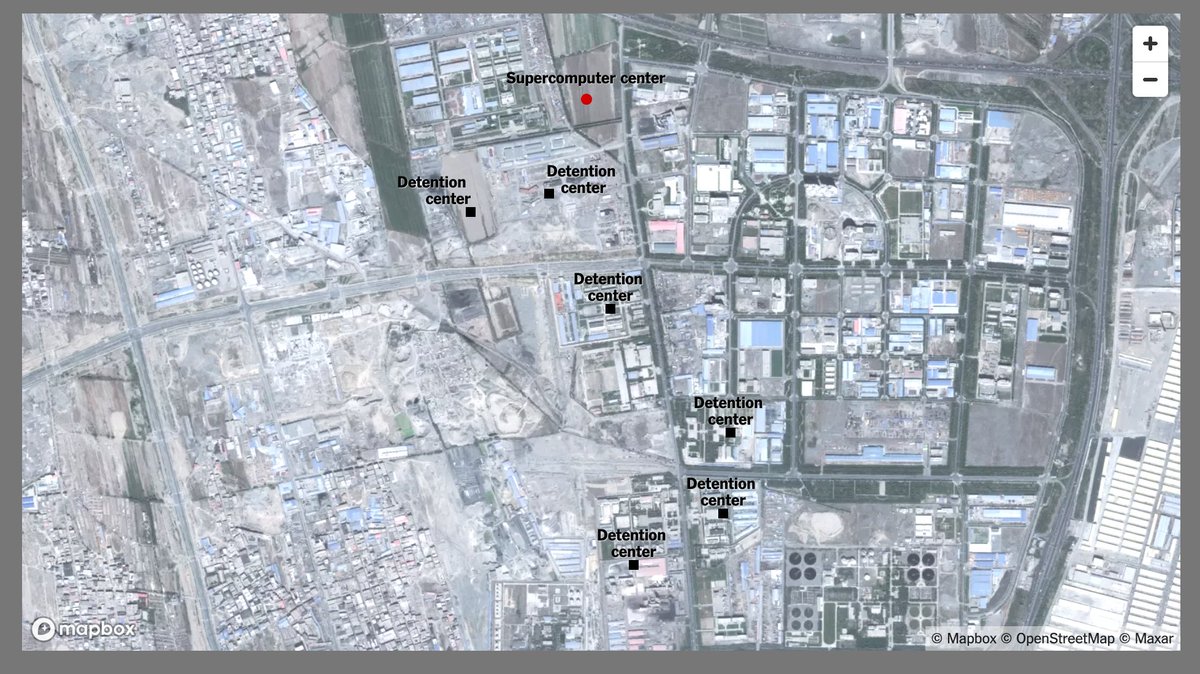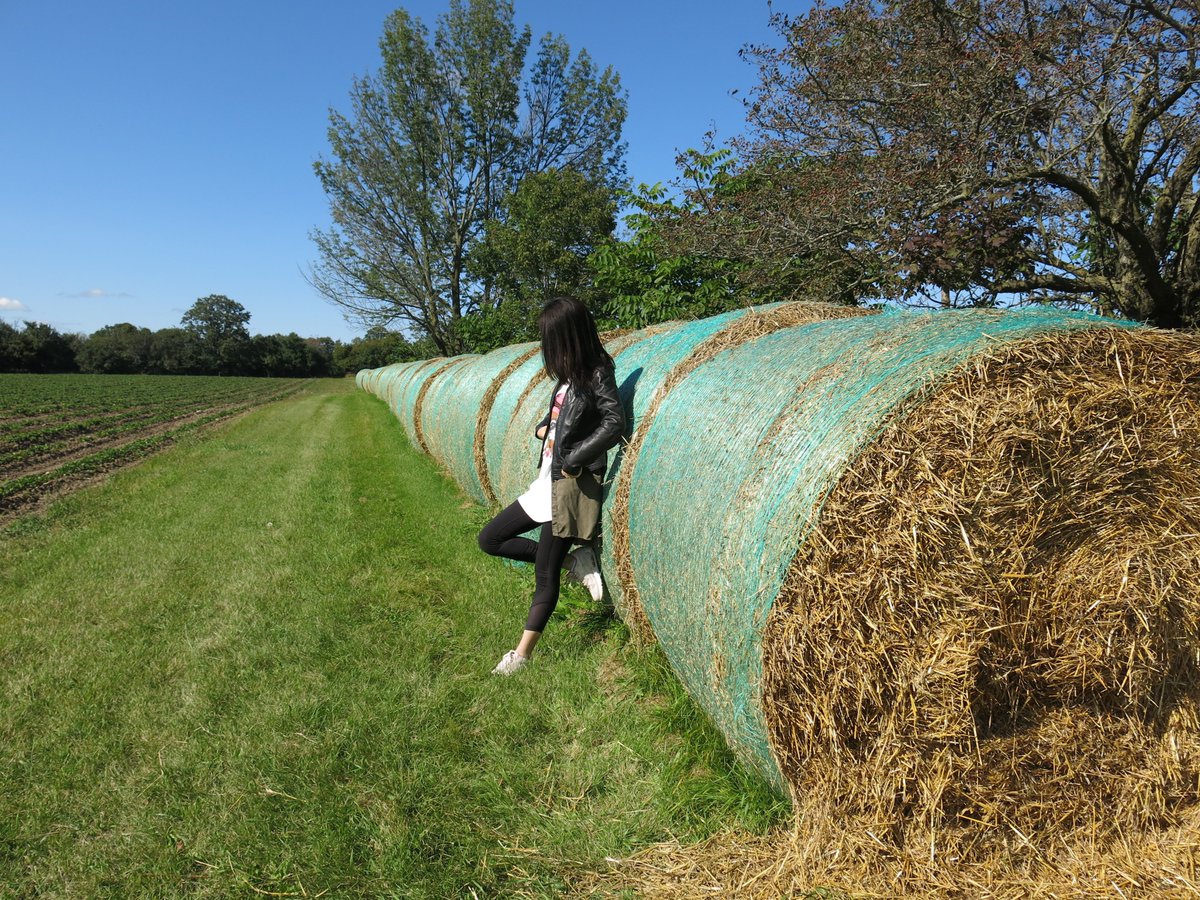
To recap the past year: Beijing cut IPO of Ant Financial, suspended apps of Didi, fined Alibaba. Created new data and algo rules, but exempted gov't. Shut down tutoring sector. Banned foreign textbooks. Declared war on celebrity fandom. Cut kids to 3 hours of games per week.
https://twitter.com/Sino_Market/status/1432269680647962626
Also...likely some ban of foreign IPOs. There are some interesting ideas in Beijing's regulations. Some sectors badly needed controls. But what is happening should unnerve all. Silly parts of private tech fund serious innovative parts. Foreign investment has been critical.
Not to mention this is happening as large state-backed monopolies go untouched. I do wonder if 2021 won't go down as the year everyone realized China's era of reform and opening up (and likely the economic successes that came with its embrace of private business) truly ended.
Lest anyone doubted it, Beijing is deadly serious about social engineering/paternalism. When you hear about campaigns against superstition, or near sightedness, or celebrity, these are real efforts to mold culture. Under Xi, they are getting much more intense and numerous.
• • •
Missing some Tweet in this thread? You can try to
force a refresh


